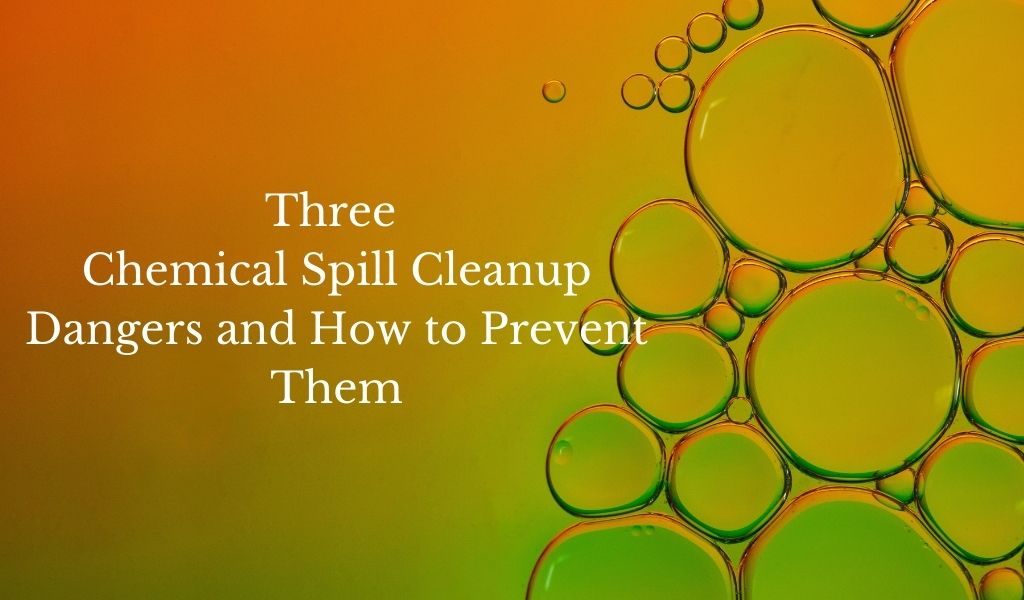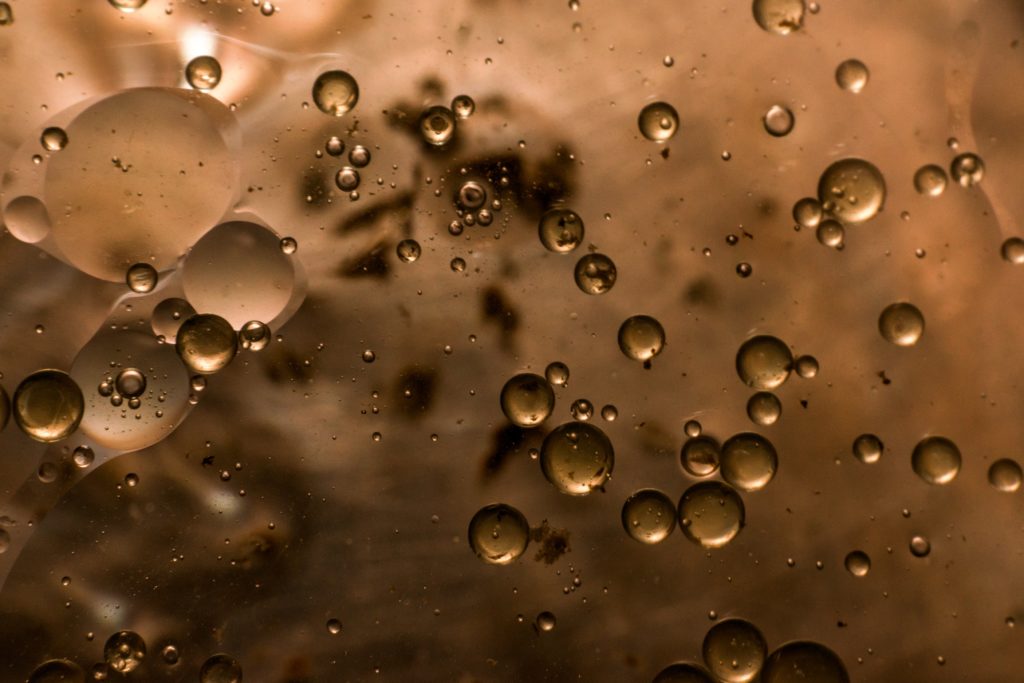Take action to reduce the risk of chemical spill cleanup disasters and protect your janitorial workforce.
There are a lot of skills you need in the janitorial industry that go beyond the basics. You need communication skills to maintain good relationships with your clients. You need some math skills to balance your books. And your team may need skills and training around equipment repair or any specialized services you may offer. But one skill that’s vitally important for anyone in the janitorial industry is safe chemical spill cleanup.
Some of the chemicals you use to clean your clients’ properties are dangerous. Or your clients may have chemicals on their properties that they expect you to clean up. In either case, you can’t just throw some soapy water on a chemical spill and mop it up. It’s not just a matter of opinion, either.
Based on the number of janitorial jobs, the U.S. Bureau of Labor Statistics estimates there are about 285 chemical burns and injuries every year in the janitorial services industry. And while not limited to commercial cleaning services, they also estimate that more than 42 people each year die “on the job after a single episode of inhaling chemicals and chemical products.”
Protecting your team and your clients from those chemicals is, subsequently, part of your job. If your team regularly contends with chemical spill cleanup, they may put their health at risk.
Get a free discovery call with Janitorial Manager to see how we can help with safety procedures and so much more!
The dangers of chemical spill cleanup
Chemical spills and their later cleanup pose several threats to your business, including:
1. Compromised employee health
First and foremost, on-the-job chemical spills put the safety of your team and your clients at risk. When combined or inhaled at high concentrations, certain chemicals can cause long-term health problems. Additionally, chemical spills also pose a severe insurance risk to up-and-coming janitorial businesses.
2. Personal property damage
It’s just as essential to protect your chemical cleaners in-house as it is while tending to a client’s property. If your supply closet turns into a spill zone, you could be facing severe property damage, whether that’s carpeting, shelving units, or other items.
3. Client property damage
When you step onto a client’s property, you want to do what you can to ensure that you treat their space with care. Chemical spills and chemical spill cleanup both put the health and safety of your client’s staff at risk, just as it does with your own. However, you also face the risk of property damage if you let certain chemicals spread throughout a commercial or residential space.
If you have business insurance, the expenses related to chemical property damage may not be so severe. However, without this protection in place, you risk paying for all of the property your team damaged out of your own pocket. What’s more, a client contending with chemically-induced property damage may choose to pull their contract with you. Not only can you lose a client but that incident can lessen your respectability in the eyes of your potential audience.
Preventing chemical spills on the job
One of the best ways to protect your business and your team from the fallout of a chemical spill cleanup is to prevent that spill in the first place. You can do this by:
1. Storing your chemicals safely
Your supply closet, whether at your location or on-site, is vulnerable to spills. If you want to get ahead of deadly spills, store your cleaners as safely as possible. Make sure your storage space has ample room for all of the cleaners you need to store. Keep dangerous chemicals separate from one another. Don’t be afraid to use padding, either, if your cleaners come in glass bottles or other types of delicate packaging.
Impose storage guidelines for your staff to follow. You can choose to incentivize these guidelines to promote compliance, but be sure to tell your team that it’s their health that you’re looking out for, first and foremost.
2. Using green cleaners
There are lots of good reasons to switch over to green cleaners these days. But if you want to limit the impact of a potential chemical spill, then these are the fixes for you. Green cleaners forgo some of the more dangerous chemical elements on the market. As a result, spills tend only to cause light staining if they do much damage at all. While you’ll still want to work with your team to avoid accidents at work, green cleaners can help you limit the amount of damage you do to a compromised space.
3. Training and retraining your staff
There’s nothing more important to the efficiency of your business than on-the-job training. Your staff will come to your team with varying degrees of experience. If you want them to perform at their best, you need to make sure they’re on even footing. That means informing them both of what dangerous substances you have in your supply closet and how to use them safely.
You’ll also want to provide your staff with all of the safety equipment they may need to protect themselves from chemical harm. That includes gloves, masks, and goggles if appropriate. So long as you strive to abide by OSHA’s chemical care guidelines, you can keep your team – and business – safe.
4. Cultivating a safer work environment for your team
Chemical spills and chemical spill cleanup are no joke in the janitorial industry. If you want to protect your budget and your staff, you need to treat your cleaners with care.
One last word. While chemicals can act, interact, or react in a variety of ways, there are a few basic rules you can follow to lower the risk of a chemical accident.
- Be sure to understand the chemicals you work with.
- Ensure there is adequate ventilation whenever you or your team are working with cleaning agents and chemicals.
- Always follow the manufacturer’s guidelines for using chemicals and cleaners.
- NEVER mix bleach and ammonia. This is a highly dangerous mix.
- When in doubt, get out. If there’s a spill and you aren’t sure what it is or how to clean it up, don’t take chances. Contact Poison Control or your state’s environmental management organization.
Need help tracking your cleaning products so you know how much you’re using and when to reorder? Janitorial Manager can help you make that process run smoothly. Get in touch today and we’ll show you how easy it can be.


